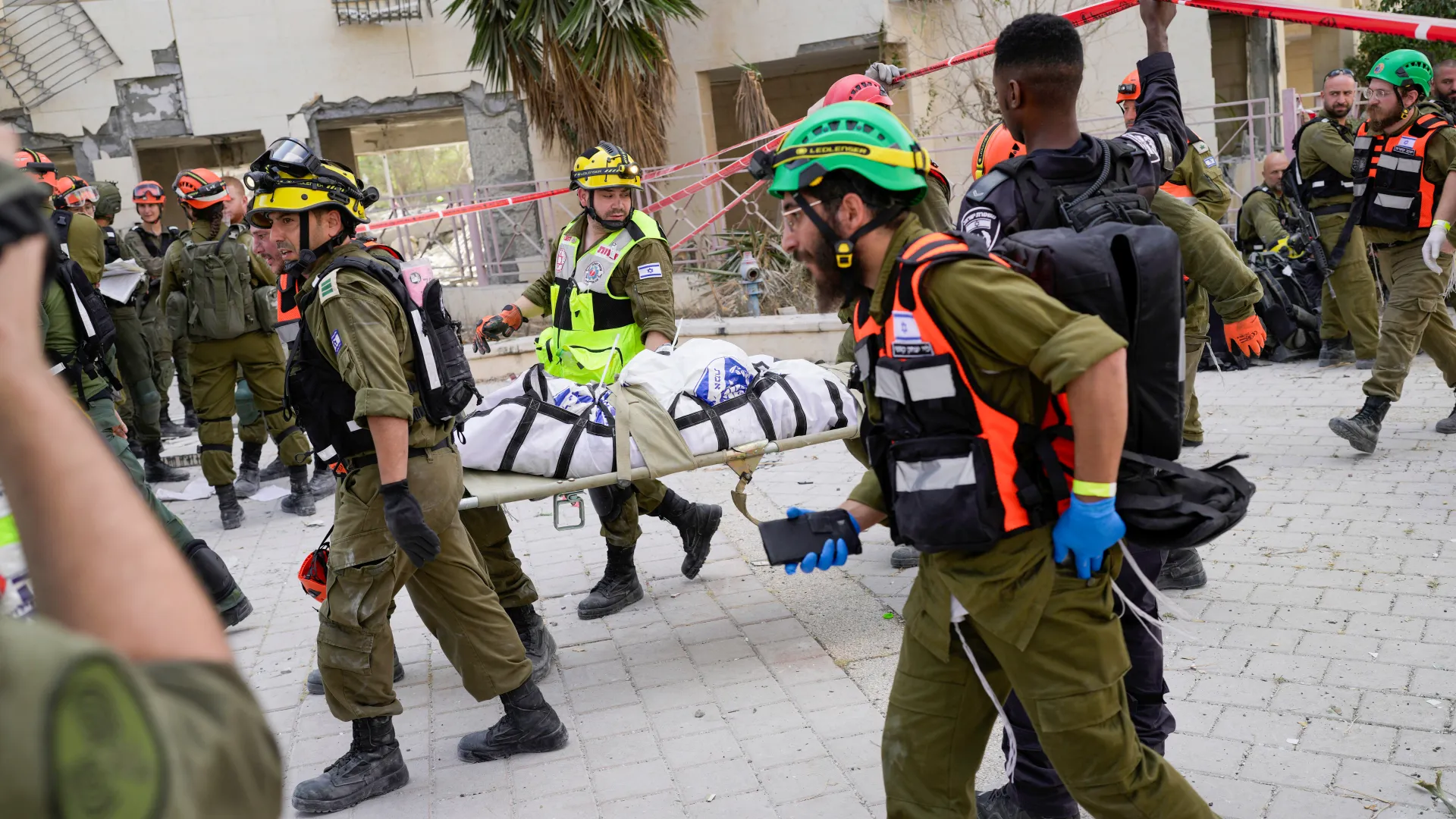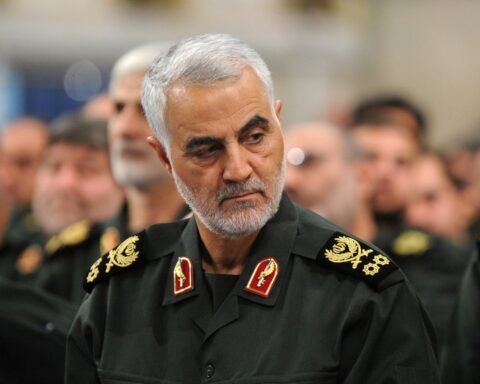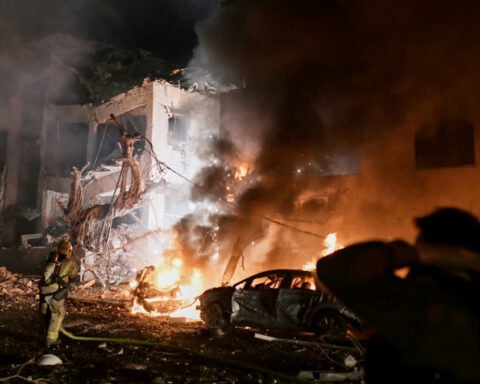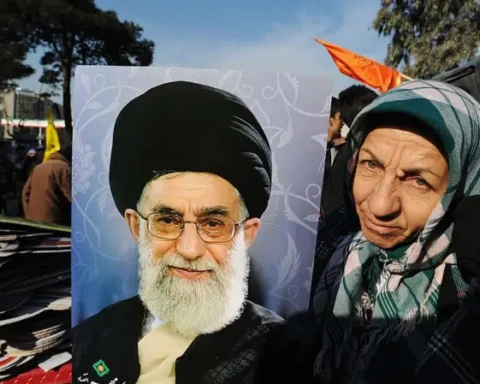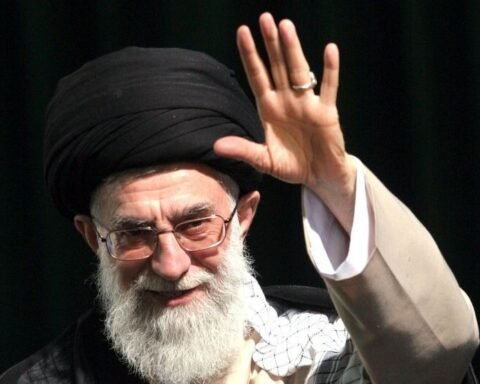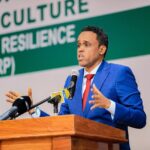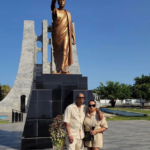Iran’s top military commander has publicly questioned the integrity of the newly declared ceasefire with Israel, warning that Tehran remains on high alert and ready to respond should hostilities resume.
Speaking during a live interview broadcast on Islamic Republic of Iran Broadcasting (IRIB), Major General Abdolrahim Mousavi, the head of the Iranian Army, said:
“We have deep doubts about Israel’s sincerity. If we face another act of aggression, we are fully prepared to respond with overwhelming force.”
This warning comes six days after Donald Trump, the president of the United States, announced a U.S.-brokered ceasefire between Iran and Israel. The announcement, made during a press briefing in New York City, followed nearly two weeks of escalating violence between the long-time foes.
The recent confrontation began when Israel launched targeted airstrikes deep into Iranian territory, focusing on suspected nuclear sites and military research centers. Among the casualties were several senior Revolutionary Guard commanders and scientists allegedly involved in Tehran’s controversial atomic development.
In retaliation, Iran fired a barrage of ballistic missiles at several Israeli cities including Tel Aviv and Haifa, causing significant destruction and triggering panic among civilians. The twelve-day conflict pushed the Middle East to the brink of a broader war and attracted urgent attention from the United Nations Security Council.
Ceasefire, But No Peace
While the ceasefire is currently holding, doubts are mounting about its durability. Iranian Foreign Minister Hossein Amir-Abdollahian has submitted a formal complaint to the United Nations, urging global intervention to prevent future escalation and demanding accountability from both Israel and the U.S.
Also Read; British, Singapore Airlines Cancel Dubai Flights After Strikes
Iranian hardliners, including figures close to Supreme Leader Ayatollah Ali Khamenei, have also criticized the ceasefire as “fragile and one-sided,” calling for continued vigilance and further military preparedness.
On the Israeli side, officials maintain that their actions were defensive, arguing that Iran’s growing missile capabilities and nuclear ambitions pose an existential threat. Prime Minister Benjamin Netanyahu reaffirmed that Israel will act unilaterally if necessary to protect its citizens.
The brief war has already had ripple effects across the region. In Lebanon, tensions have risen between Israel and the Hezbollah militant group. In Iraq, pro-Iran militias held public rallies demanding revenge for the attacks. Meanwhile, Qatar has offered to mediate ongoing diplomatic talks, while Russia and China have called for restraint and renewed support for a two-state solution.
The International Atomic Energy Agency (IAEA) has also requested immediate access to inspect Iranian facilities damaged during the air raids, amid fears that the attacks may have disrupted nuclear containment systems.
“We’re not out of danger yet,” said political analyst Reza Valizadeh, a former adviser at Tehran University. “This truce is more of a pause than a resolution. Both sides remain deeply mistrustful, and the risk of renewed violence is very real.”

